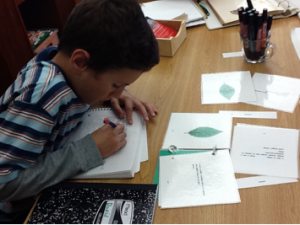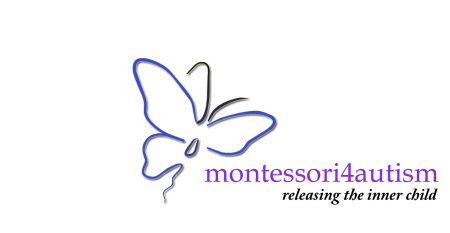Montessori Benefits for ASD students
Montessori Benefits for ASD students
“Free the child’s potential, and you will transform him into the world” – Dr. Maria Montessori
Although overlooked by most special education professionals and behavioral analysts, Montessori methodology has been utilizing best practices of teaching children with disabilities for over a century and can readily accommodate the most recent advances in that discipline (see selected articles here.)
However, there is currently a divide in thinking between Montessori educators and ASD professionals such as behaviorists, neuropsychologists, and speech therapists. Most ASD professionals view a Montessori environment as a chaotic place where children with autism would be lost and over-stimulated. On the other hand, many Montessori educators are either not familiar with specific ASD interventions, or view them as too data driven (rather than child driven) and overly rigid.
Highlighted below are the well-known key benefits of a Montessori education, as they apply to ASD population:

- A highly individualized curriculum
- Extensive use of behavioral science throughout curriculum
- Freedom of movement
- Self-paced education
- Emphasis on one-on-one and small-group instruction
- Multi-sensory approach to learning
- Life skills and social interactions
- Fostering independence and choice-making ability
- Mixed-age classrooms
- Safety and personal sense of well-being
- Emphasis on integrated studies and independent exploration
Each of these benefits is discussed in the context of ASD children in more detail below. Although each of these benefits is important, some may be critical for a particular child depending on a child’s personal history and circumstances.
